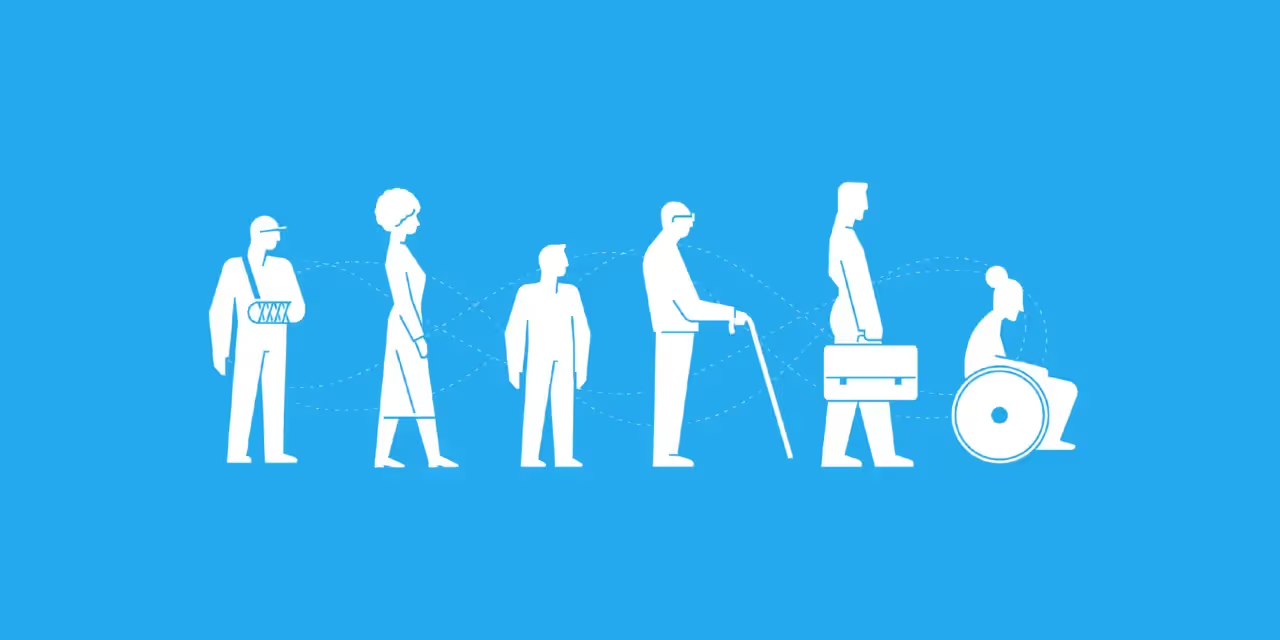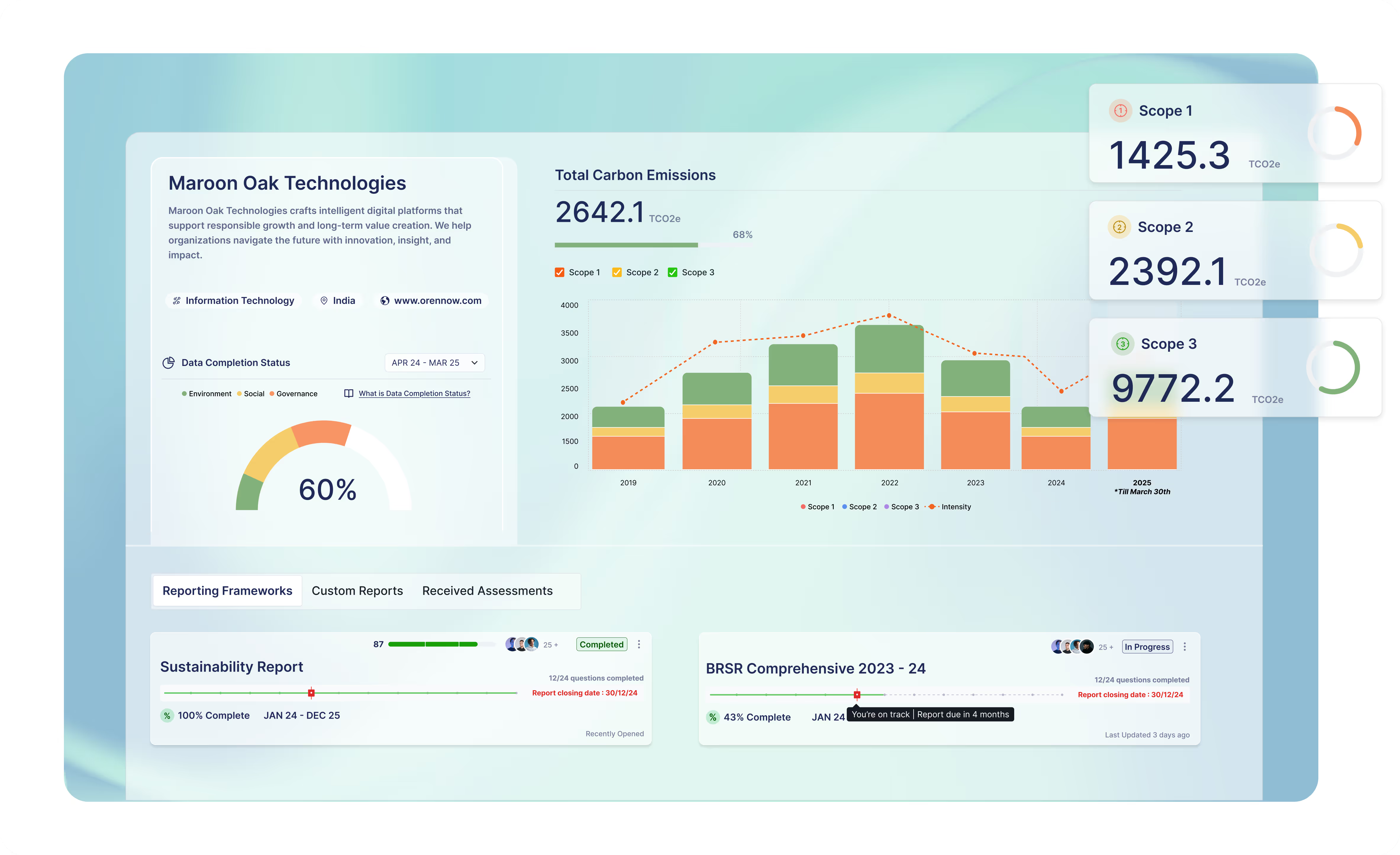Mastering EcoVadis – Labour & Human Rights: Strategies to Improve Your Score

The pressure on companies to demonstrate robust sustainability practices is undeniable, and the EcoVadis assessment has emerged as a key benchmark. With over 150,000 companies assessed globally, it's more than just a rating; it’s a critical diagnostic tool revealing the maturity of your sustainability management system. While EcoVadis spans Environment, Labour & Human Rights (L&HR), Ethics, and Sustainable Procurement, the L&HR pillar carries significant weight. It directly impacts your workforce, reflects on your supply chain ethics, and influences stakeholder perception. A strong score here isn't just compliance – it signals a genuine commitment to fair, safe, and equitable workplaces.
But moving the needle on your L&HR score requires more than good intentions. It demands a systematic approach, understanding exactly what EcoVadis evaluates and strategically leveraging the feedback from your scorecard. Let's break down how to tackle this effectively.
Deconstructing the Labour & Human Rights Pillar
This theme is one of the four cornerstones of the EcoVadis assessment. EcoVadis examines your performance across specific criteria, dynamically selected based on your company's size, industry, and geographic footprint. While the specifics vary, the core areas consistently under scrutiny include:
- Employee Health & Safety (H&S): Examining the robustness of your measures to prevent occupational hazards and ensure a fundamentally safe working environment.
- Working Conditions: Moving beyond basic compliance to evaluate fair wages, reasonable working hours, employee benefits, and the overall quality of your employment framework.
- Social Dialogue: Assessing the mechanisms for genuine two-way communication between management and employees, including support for worker representation where applicable.
- Career Management & Training: Evaluating opportunities for professional development, skill enhancement, and meaningful career progression within your organisation.
- Human Rights: Addressing foundational issues like the absolute prohibition of child labour, forced labour, and human trafficking. This also extends to diversity, equity, and inclusion (DE&I), anti-discrimination, anti-harassment policies, and crucially, how your operations might impact the human rights of external stakeholders (e.g., communities, supply chain workers).
The EcoVadis Methodology: Policies, Actions, and Results in Practice
EcoVadis assesses your sustainability management system (SMS) through three interconnected lenses: Policies, Actions (or Measures), and Results (or Reporting). Excelling in the L&HR pillar requires demonstrating substance across all three.
#1 Policies:
- EcoVadis looks for clearly articulated company commitments regarding labour standards and human rights. These shouldn't just be aspirational statements; they need to be embedded in formal policies that include qualitative objectives and, ideally, SMART quantitative targets (Specific, Measurable, Achievable, Relevant, Time-bound).
- Critically, policies must define governance – who is responsible for oversight and implementation? Evidence of regular review and updates is also key.
- Aligning your policies with internationally recognised frameworks (like ILO Conventions, UN Guiding Principles on Business and Human Rights, ISO 26000) adds significant weight, as does endorsing initiatives like the UN Global Compact.
#2 Actions/Measures:
- This is about tangible implementation. How do your policies translate into practice? Examples include documented H&S training programs, functional grievance mechanisms, initiatives promoting diversity, or supply chain due diligence processes.
- Relevant certifications (e.g., ISO 45001 for H&S, SA8000 for social accountability) serve as powerful validation and earn specific points. For larger or multi-site organisations, demonstrating consistent deployment and coverage of these actions across different entities is crucial – simply having a group policy isn't enough; evidence of site-level implementation is needed.
#3 Results/Reporting:
- This dimension assesses your ability to track and demonstrate the effectiveness of your policies and actions. It requires establishing meaningful Key Performance Indicators (KPIs) related to L&HR – think injury frequency rates, employee turnover, gender pay gap data, training hours per employee, or findings from social audits.
- Regular monitoring, analysis, and internal reporting on these KPIs show that your SMS is active and informs decision-making. External reporting, particularly through established frameworks like the Global Reporting Initiative (GRI), further strengthens your score.
A critical note on documentation: All claims must be substantiated with evidence. You have a limit on new document uploads (currently 55 per assessment cycle). Documents must be relevant, current (typically policies/actions within 8 years, KPIs within 2 years), and credible. Crucially, they must reflect practices already in place (for at least three months) – EcoVadis aims to assess your existing system, not documents created solely for the assessment.
Strategic Levers for Improving Your L&HR Score
Improving your EcoVadis performance is an ongoing process, not a one-time fix. It begins with an honest assessment of your current state and a targeted plan. Here are key strategies based on extensive experience helping companies navigate EcoVadis:
#1 Start with Diagnosis: Leverage Your Scorecard
Your existing EcoVadis scorecard, especially the Corrective Action Plan (CAP), is your most valuable starting point. It details specific weaknesses identified by EcoVadis analysts within the L&HR theme. Analyse this feedback carefully to pinpoint gaps across Policies, Actions, and Results. Understand why points were deducted.
#2 Formalise and Refine Policies:
Based on the diagnosis, create missing L&HR policies or strengthen existing ones. Ensure comprehensive coverage of the criteria relevant to your business (e.g., non-discrimination, H&S, working hours, child/forced labour). Embed clear objectives (qualitative and quantitative) and assign explicit ownership for implementation and oversight. Ensure alignment with relevant international standards. Remember the three-month rule for new/updated policies.
#3 Translate Policy into Action: Implement concrete measures that bring your policies to life.
- Strengthen H&S: Implement robust safety protocols, deliver regular, role-specific training, and conduct thorough risk assessments. Pursue ISO 45001 certification if appropriate.
- Foster Engagement: Develop effective channels for employee feedback and grievances. Support formal and informal mechanisms for social dialogue.
- Embed DE&I: Go beyond policy statements. Implement inclusive recruitment practices, provide bias training, track diversity metrics, and actively foster an inclusive culture. Consider SA8000 certification as evidence of fair labour practices.
- Conduct Human Rights Due diligence: Establish clear zero-tolerance stances on child/forced labour. Implement processes to identify, prevent, and mitigate human rights risks within your operations and your supply chain. This includes supplier screening, audits (where relevant), and training.
- Invest in Training: Ensure employees receive relevant training on H&S, human rights principles, DE&I, and ethical conduct. Document participation and assess effectiveness.
- Demonstrate Coverage: For groups, provide evidence (e.g., site-specific training logs, local audit reports) showing that group policies and procedures are actively implemented across subsidiaries or key locations.
#4 Measure What Matters: Establish Robust Monitoring:
Implement systems to track the performance and impact of your L&HR initiatives. Define specific, relevant KPIs for each key area. Regularly collect, analyse, and report on this data internally to drive improvement. Documenting this monitoring process is vital evidence for EcoVadis.
#5 Organise Your Evidence: Compile Documentation:
Proactively gather and organise supporting documents – policies, training records, safety reports, internal audit findings, certifications, KPI dashboards, grievance logs, sustainability reports. Ensure everything is current, clearly labelled, and directly relevant to the EcoVadis criteria. Consolidation into broader reports (like an annual Sustainability Report) can streamline evidence provision.
#6 Build Internal Collaboration and Accountability:
Improving your L&HR score requires cross-functional effort. Engage HR, Legal, Operations, Procurement, and site managers. Secure senior leadership buy-in and assign clear responsibilities for data collection, questionnaire completion, and implementing improvement actions tied to the CAP.
#7 Embrace the Improvement Cycle:
View the EcoVadis assessment as an annual cycle for continuous improvement. As soon as you receive your scorecard and CAP, begin planning and implementing changes. Significant improvements take time, resources, and stakeholder alignment. Don't wait until the next assessment window approaches.
#8 Consider Expert Guidance:
Navigating the nuances of EcoVadis and implementing substantive changes can be complex. Partnering with experienced ESG solution providers, such as Oren, can significantly accelerate your progress. We offer gap analyses, strategic advice, documentation support, training, and assistance in embedding sustainable practices effectively.
Conclusion:
Strengthening your EcoVadis Labour & Human Rights score is achievable through a dedicated, evidence-based approach. By focusing on robust policies, tangible actions, transparent reporting, meticulous documentation, and leveraging the insights provided by EcoVadis itself, you not only improve your rating but also build a more resilient, ethical, and attractive business for the long term. It requires commitment and rigor, but the rewards – enhanced reputation, reduced risk, and improved stakeholder relations – are substantial.





